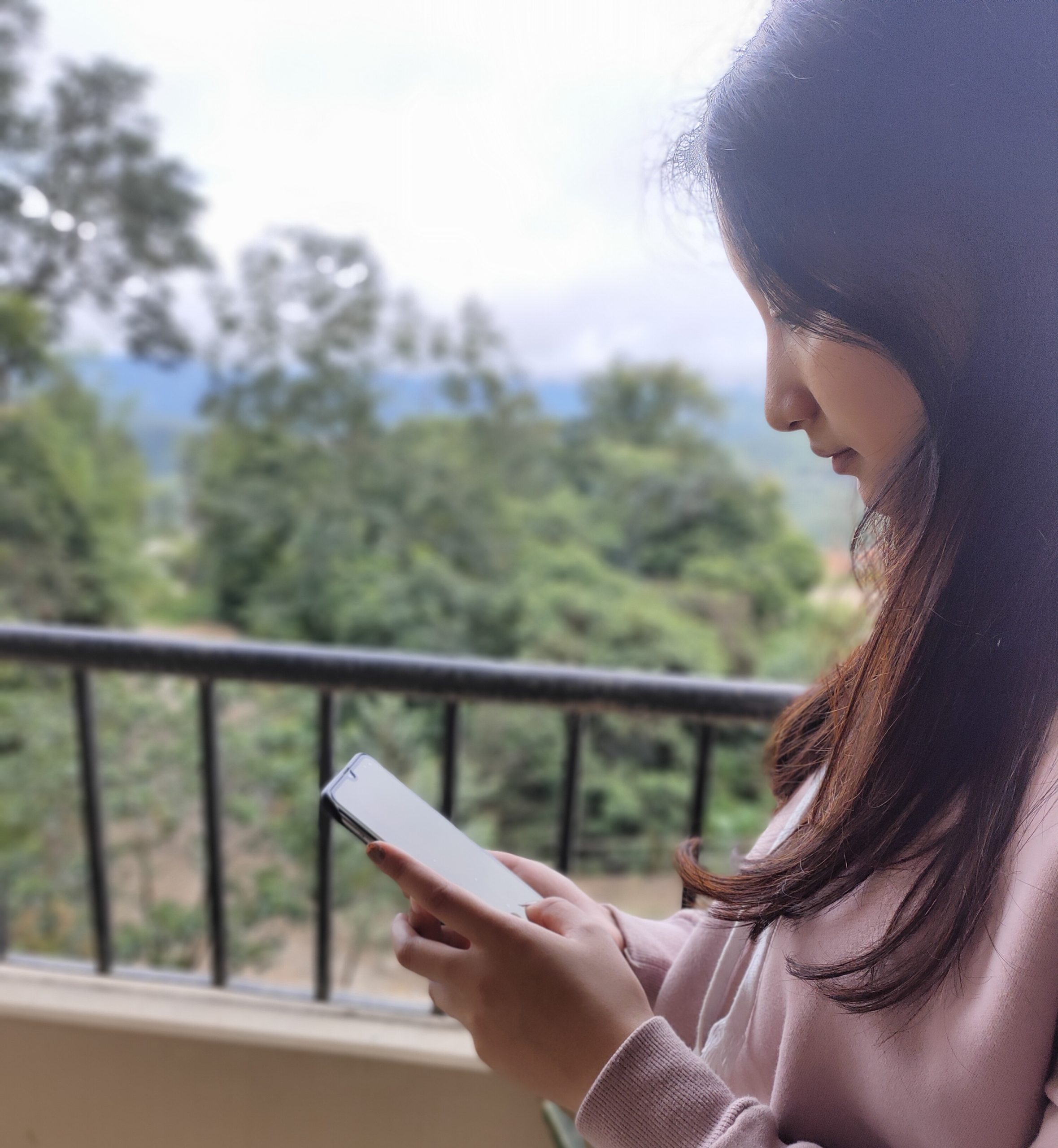NAGA WOMEN’S HEALTH CHANNEL
Funded by the Scottish Funding Council as part of their Global Challenges Research Fund, the University of Edinburgh for the Global Impact Accelerator 2020/2021, with the Highland Institute, worked by identifying rural women youth leaders on co-creating a prototype phone application for an online peer-support network for health matters, through series of participatory and co-design workshops.
The Naga Women’s Health Channel: Developing an online health community among young women in Northeast India, Nagaland, has its background to Changing the Story project coordinated by The University of Leeds, UK, which concluded in February 2020.
Nagaland, like any other fragile and conflict-affected region, has had massive health ramifications; high substance abuse with domestic violence and mental health problems rampant but poorly recorded. 70% of Nagaland’s 2 million populations in remote villages have negligible access to public health services.
CTS consultants identified peer networks and holistic approaches to mental health as critical to managing their own health needs in the absence of facilities/care. With the improvement in mobile network connectivity, the potential for female driven community web-based network for mutual support at-scale and low cost, the project targeted on co-creating a prototype application for a peer network of a virtual ‘Morung’ for and by local young women.
Phek district Government College in Nagaland holds a significant role in helping the young women leader’s group to co-create the online health network prototype. With the influence of Dr Vizovol Mekro, Principal of Phek Government College, the Highland Institute team was able to identify 15 Youth Brigade from four regions under Phek District, namely- Phek town, Chizami, Thetsümi and Pfutsero, who after being detailed about the project on several workshops, surveyed women in the age group of 18-40 years, on matters relating to health and well-being and the importance of an online health community.
The works put in by the Youth Brigade were able to shed light on key health related issues. Consultation of the participants identified by the Youth Brigade on matters relating to the online health community formed the base for the prototype.
Led by Dr Amrit Virk, Principal Investigator, The University of Edinburgh, UK, and headed by Dr Michael Heneise, Co-Investigator, UiT The Arctic University of Norway, the project commenced on February 2021 and is still ongoing.


